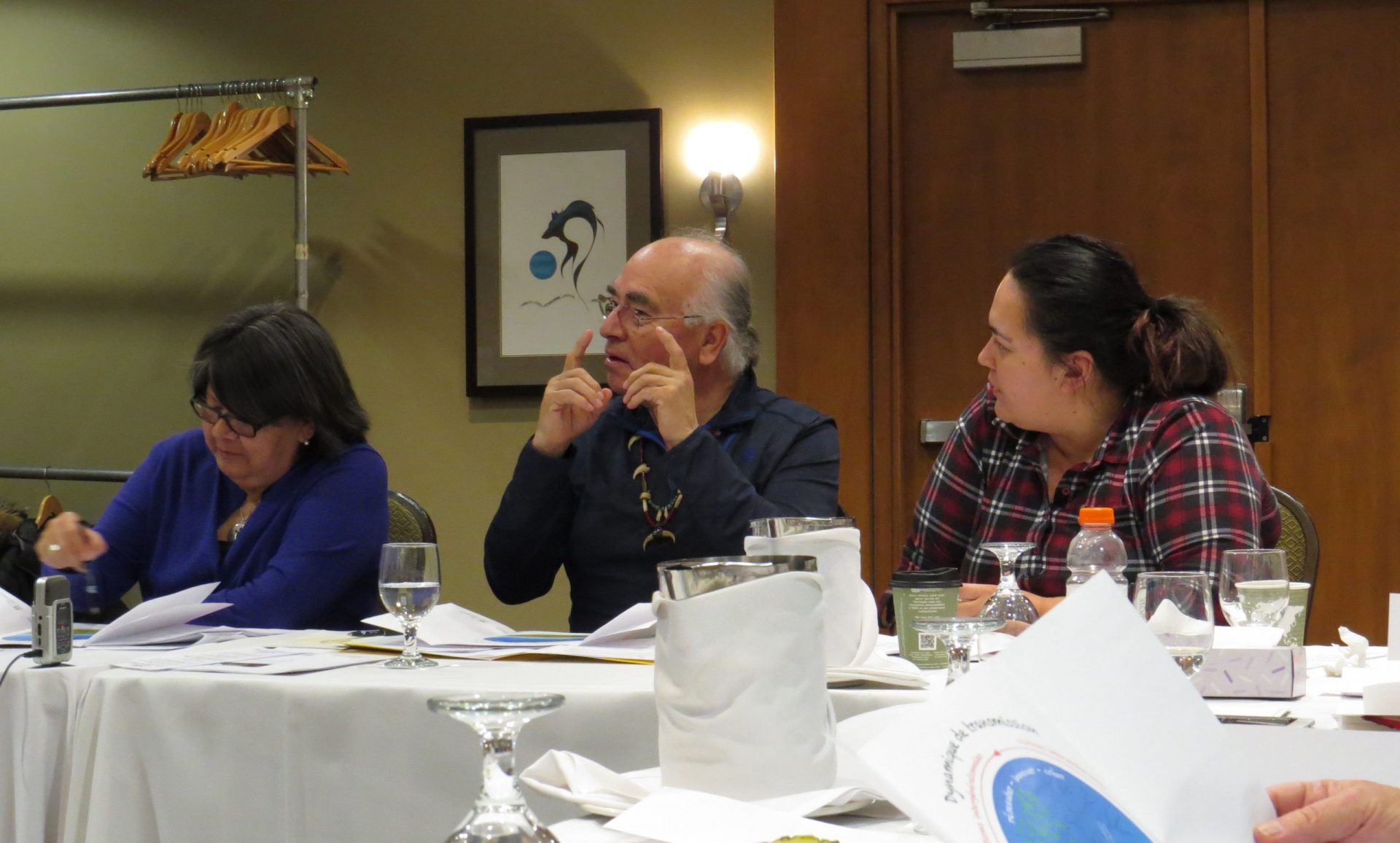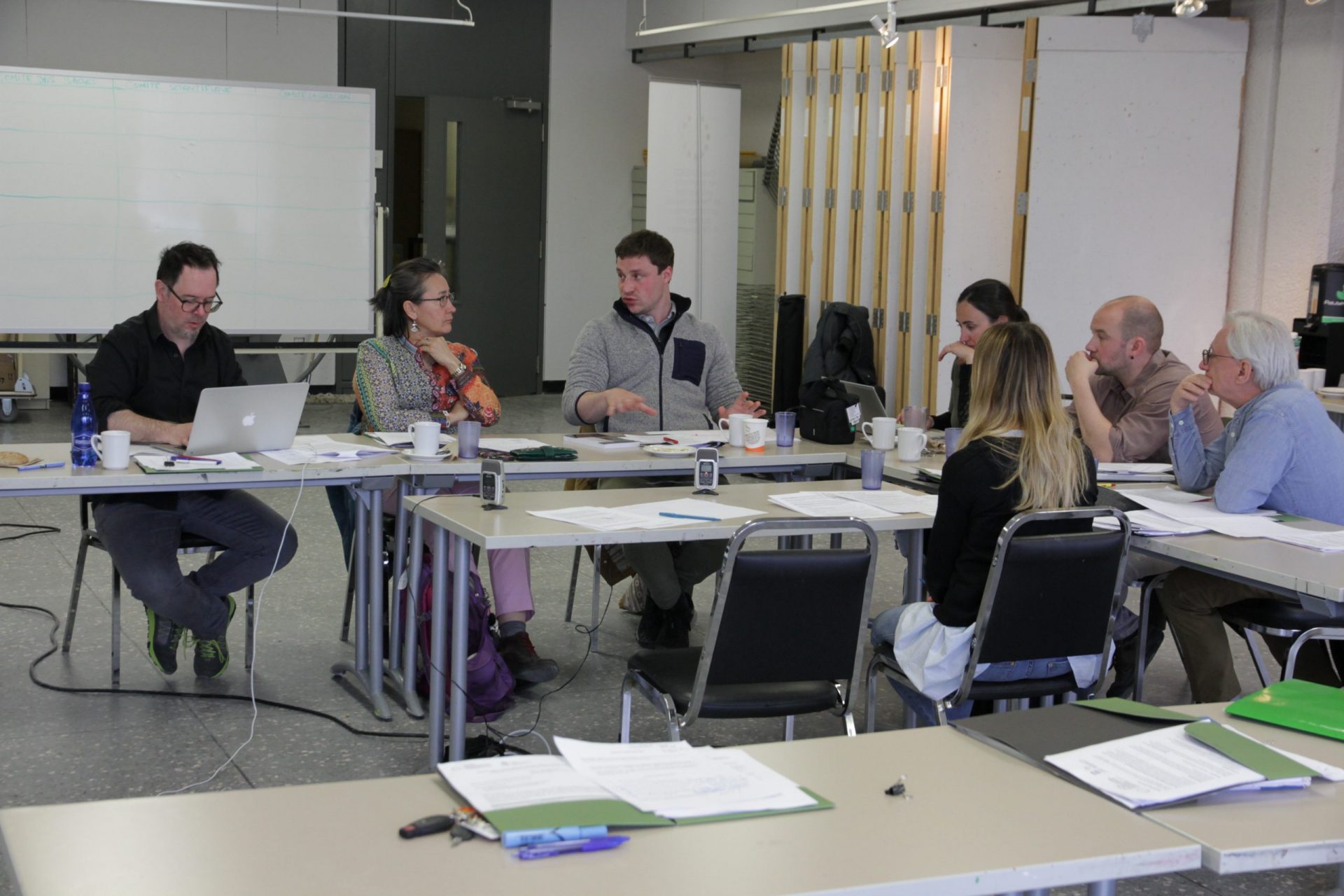La Chaire UNESCO
Mission
Passing on the desire to transmit
Associated with Université du Québec à Chicoutimi, the UNESCO Chair – The Transmission of First Peoples’ Culture to Foster Well-Being and Empowerment is the first Chair of Indigenous governance in the entire network of UNESCO Chairs. Its mission is to promote and participate in an integrated system of research, training, knowledge transfer and documentation in the fields of education, wellness and culture among First Nations and Inuit.
It facilitates collaboration among cultural experts, Indigenous knowledge-holders and top researchers from universities and institutions of higher education in Quebec, Canada, the Americas and the world.
Governance
Drawing inspiration from Indigenous philosophies
As it relates to Canada’s Truth and Reconciliation Commission Calls to Action, the collaborative research model put forward by the UNESCO Chair strives for a better mutual understanding between First Peoples and the research community. This willingness to improve relations is embodied in a governance framework inspired by Indigenous philosophies based on consensus, horizontal relationships, and alliances. [...]
Collaborative development of research programs.
Establishment of the UNESCO Chair, 2018.
Objectives
Sharing common objectives
Each UNESCO Chair project is unique. It is characterized by the relevance of its expertise. Its community presence demonstrates its willingness to create new relationships between Indigenous and non-Indigenous people. Its unique perspective must demonstrate its capacity to innovate and experiment given the situations encountered. The outcomes expected involve creative ways of doing things leading to the well-being and autonomy of First Peoples, with, by and for themselves.




